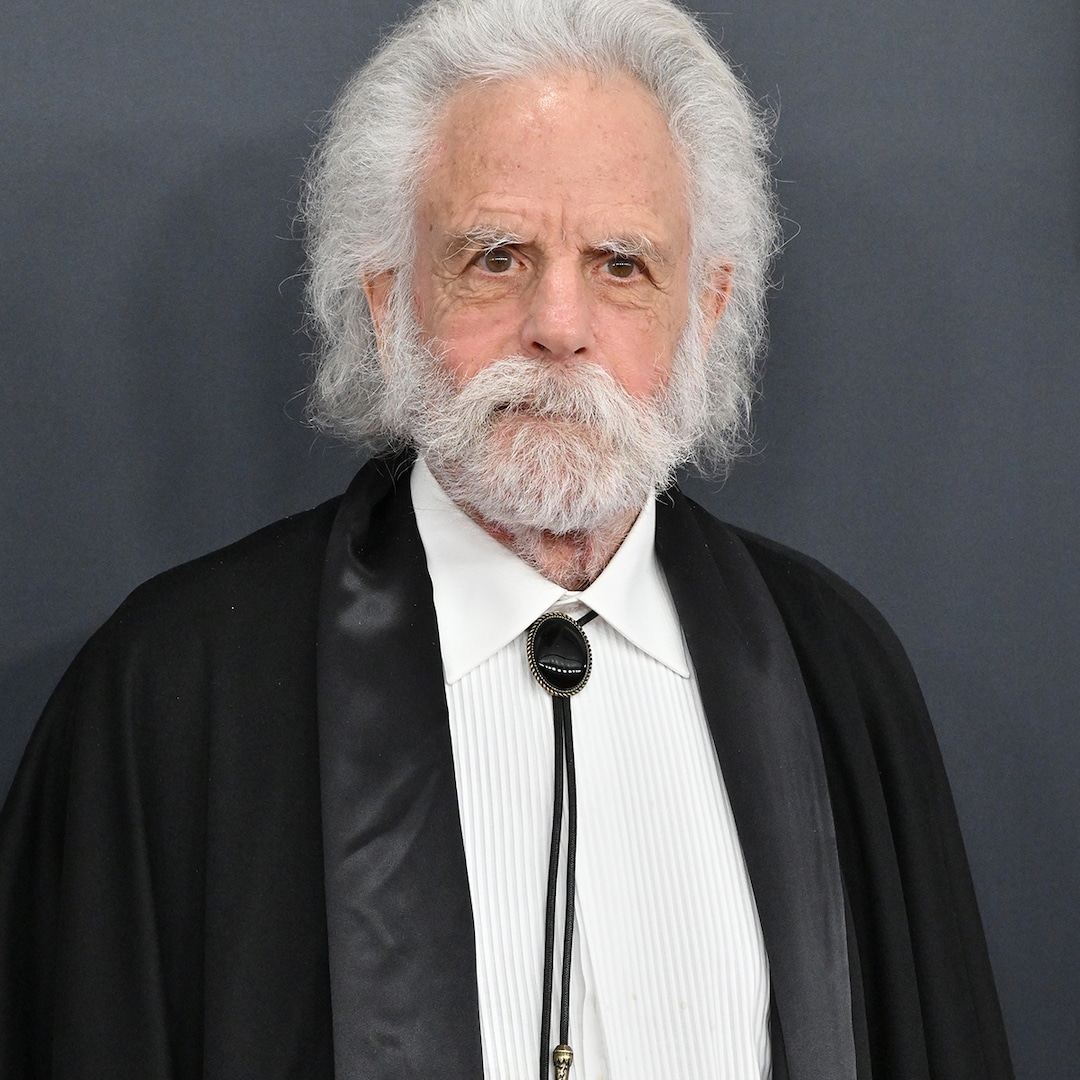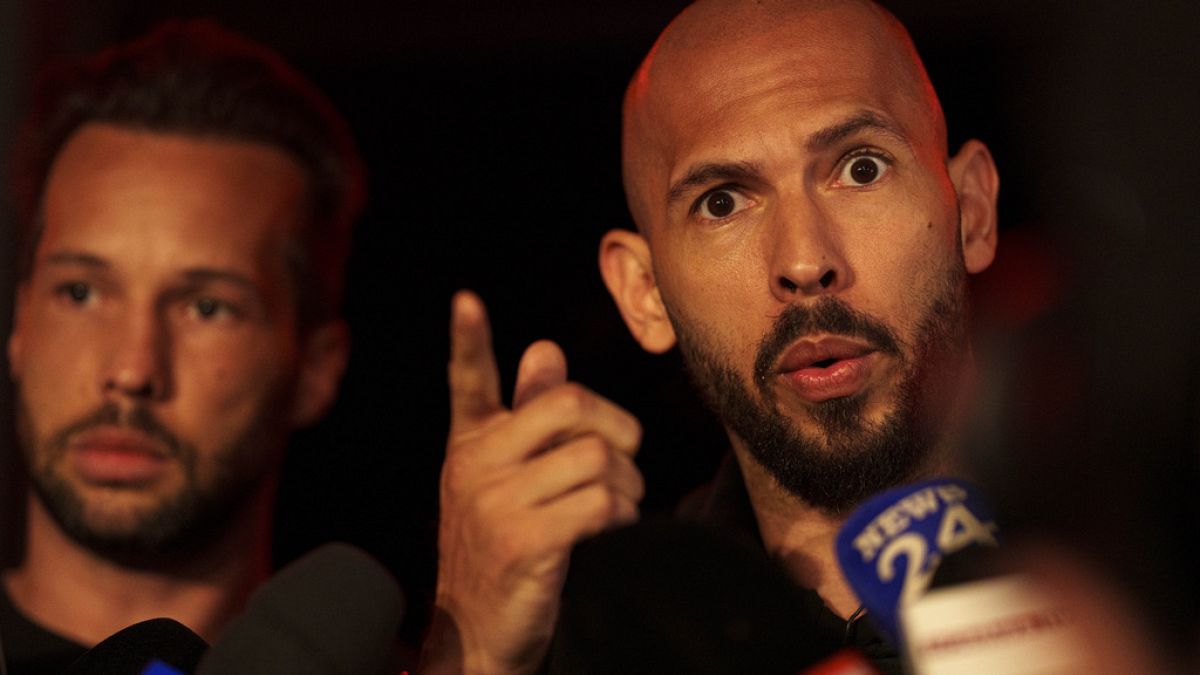On the Verge of Tomorrow: A Novel That Challenges the Present by Reimagining the Future
Thematic Insight Into Marc D. Rappaport’s Groundbreaking Work
.png?Expires=1839269010&Key-Pair-Id=K2ZIVPTIP2VGHC&Signature=AAvL4whsp2hgPDrZFA2qHTkeuE~hv5FIr2Co7qPXgf90oBSJrXzxeTA-fWqWdpsrn-gpZQjMpadUU3QvIAlfx5iecgV0xT4sz3mnaw2rmf5IEHZ~Ic93t~kEXG1Yu0nLrdLVlka0UhUHF79q0kB4IyoF4VXC7g75v-zBxjaOmrKxQ8W03pAk4e-1fjEc8Ed4eDSIbJEGBgLolVpLgXgDnpw5a6PxQ1nC8UtxC828KXRvYbgAA3vc6eM4rcd5Cy9oEvNDVsKI5eM3VHVXQHmww4FLmX3waoiQMld2CZ3tZ92IjrRqDWl-0ahFMOk7xAO~VvrGsfSJtGDTNHPlW4aTrg__)
Set against the backdrop of a rapidly changing society, Marc D. Rappaport’s On the Verge of Tomorrow is as much a work of fiction as it is a philosophical inquiry. At its core, the book explores what it means to be human in a time when the very definition of humanity is being rewritten.
Rappaport paints a near-future landscape filled with innovation, unrest, and choices that cut deep into the moral fabric of civilization. Through multifaceted characters and unexpected twists, he examines critical questions: How far can we go in pursuit of progress before we lose ourselves? What price do we pay for technological power? And can empathy survive in a world driven by algorithms?
The novel challenges the reader not to passively observe but to actively reflect. Its power lies not only in the intricacies of the plot but in the resonance of its themes, which linger long after the last page is turned.
Published by Gatsbypress













































